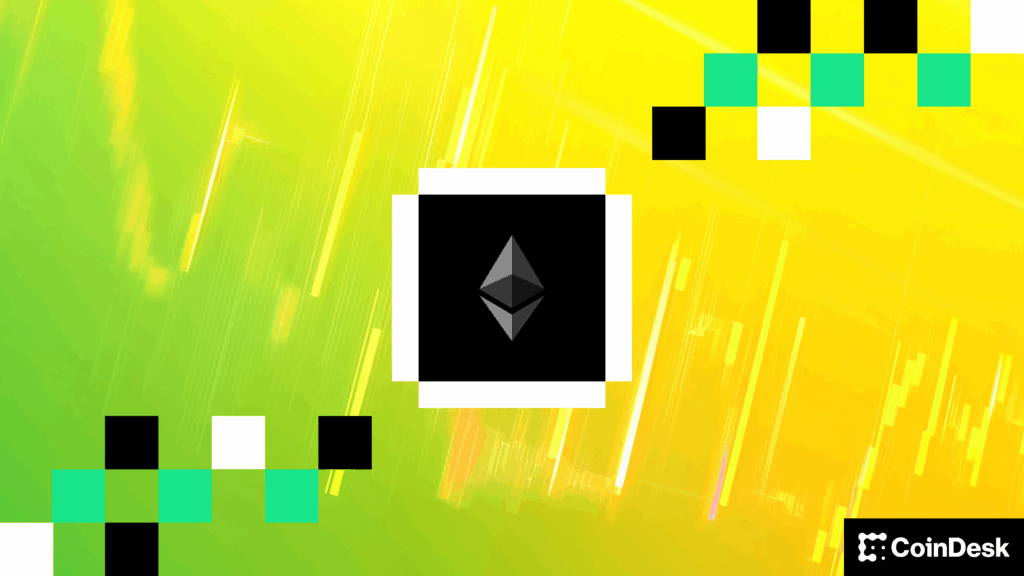The Ethereum Foundation (EF) is creating dedicated artificial intelligence (AI) Group to make Ethereum the settlement and coordination layer for what calls the “machine economy”, according to research scientist Davide Crapis.
Crapis, who announced the initiative on Monday in X, said that the new DAI team will look for two priorities: allow ia agents to pay and coordinate without intermediaries, and build a pile of decentralized that avoids dependence on a small number of large companies. He said that the neutrality, verifiability and censorship resistance of Ethereum make it a natural base layer for intelligent systems.
Ethereum Foundation Fund
The EF is a non -profit organization based in ZUG, Switzerland, which finances and coordinates the development of the Ethereum block chain. It does not control the network, but plays a catalytic role in supporting researchers, developers and ecosystem projects.
Its mandate includes financing updates such as Ethereum 2.0, zero knowledge tests and layer 2 scale, together with community programs such as the ecosystem support program. The Foundation also organizes events such as Devcon to promote collaboration and act as a policy defender for the adoption of Blockchain.
In 2025, EF was restructured to handle Ethereum’s growth, emphasizing the acceleration of the ecosystem, the support of the founders and business dissemination. The new DAI team represents a continuation of this change towards specialized units that address emerging technologies.
Crapis’s role
Crapis is an EF research scientist and will direct the new DAI team. He said the group will connect their work with the EF protocol group and the ecosystem support arm.
“Ethereum makes AI more reliable, and AI makes Ethereum more useful,” he wrote, added that the team intends to finance public goods and projects at the intersection of AI and Blockchains.
ERC-8004 and trust standards
The group will be based on recent works around ERC-8004, a proposed Ethereum standard that Crapis described as a way to demonstrate who is an AI agent and if it can be trusted. By offering identity and reputation systems for autonomous agents, the standard is intended to allow coordination without centralized guardians.
Crapis said the team will support the new standards and updates as they emerge, guided by the values of Ethereum and the “D/ACC” of decentralized acceleration. The objective, he explained, is to ensure that the development of AI remains open and verifiable, while giving humans a greater agency on how smart systems interact with the economy.
Why does it matter
For Ethereum, the movement indicates an increasing ambition to anchor emerging technologies beyond finance.
If AI agents begin to carry out scale transactions, the demand could grow for settlement rails, reputation systems and standards that work natively in Ethereum. For the community of AI, the initiative offers an alternative to centralized platforms that currently dominate AI infrastructure.
“The more intelligent transaction agents, the more they need a neutral base layer for value and reputation,” Crapis said. “Ethereum benefits by becoming that layer and benefits of AI when escaping from the blockade to some centralized platforms.”
The team has begun to hire and publish resources, according to Crapis. He said EF intends to work “with purpose and urgency” to connect AI developers with the Ethereum ecosystem and accelerate research on the limit of the two fields.




